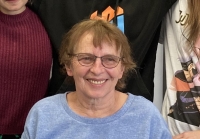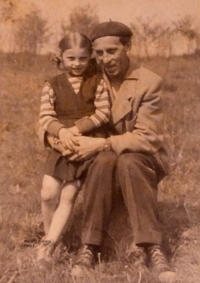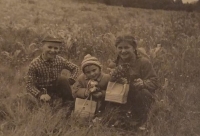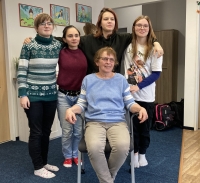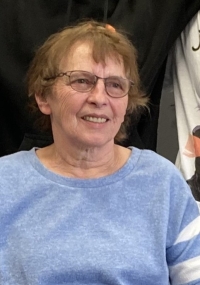State Security came for me during the class at a secondary grammar school
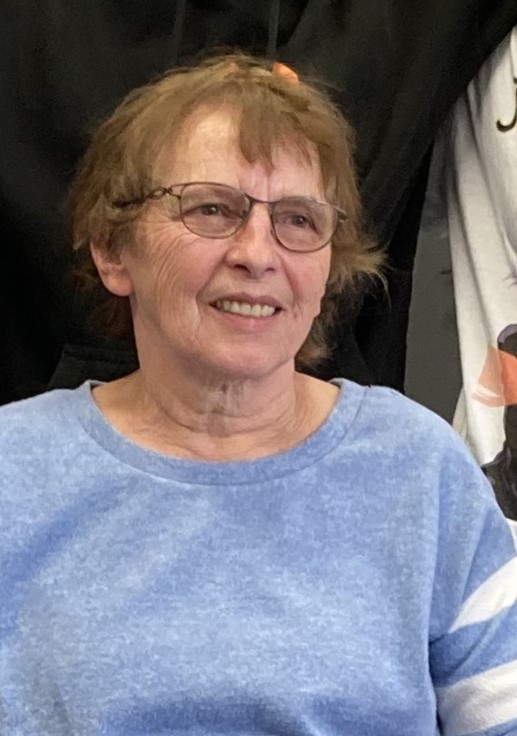
Download image
Marie Čiháková, née Hajdrová, was born on 14 April 1953 in Mikulášovice, she had three half-siblings. Her father was forced to work in the factory in Dresden during the war, which was moved to Mikulášovice at the end of the war due to the bombing. The siblings were brought up by their grandparents. Her grandfather, a forestry worker, had the keys to the border barriers and had a pass to the border zone. Marie Čiháková attended the primary school in Mikulášovice and the secondary grammar school in Rumburk. In August 1968, she witnessed the invasion of Czechoslovakia by the occupation troops. Together with her friends, she helped print and distribute anti-Soviet leaflets. With her future husband and friends, she then tore down a Soviet flag at the train station in Mikulášovice. She was interrogated by state security, and her husband spent a month in pre-trial detention. After high school, she was not accepted to the Faculty of Science in Prague and worked for a year as a laboratory assistant at the Institute for Mother and Child. In Mikulášovice she started working in a kindergarten, later she taught at an elementary school, and in Ústí nad Labem she completed her pedagogical training. She refused to join the Communist Party, even though the school principal pushed her to do so. In 1989, she did not sign a dissenting statement of a few sentences with the excuse that she could not sign something she had not read. Marie Čiháková remained in education after the revolution and welcomed how peacefully the republic was divided in 1992. At the time of filming in 2023, she lived with her family in Tomášov u Mikulášovic.
